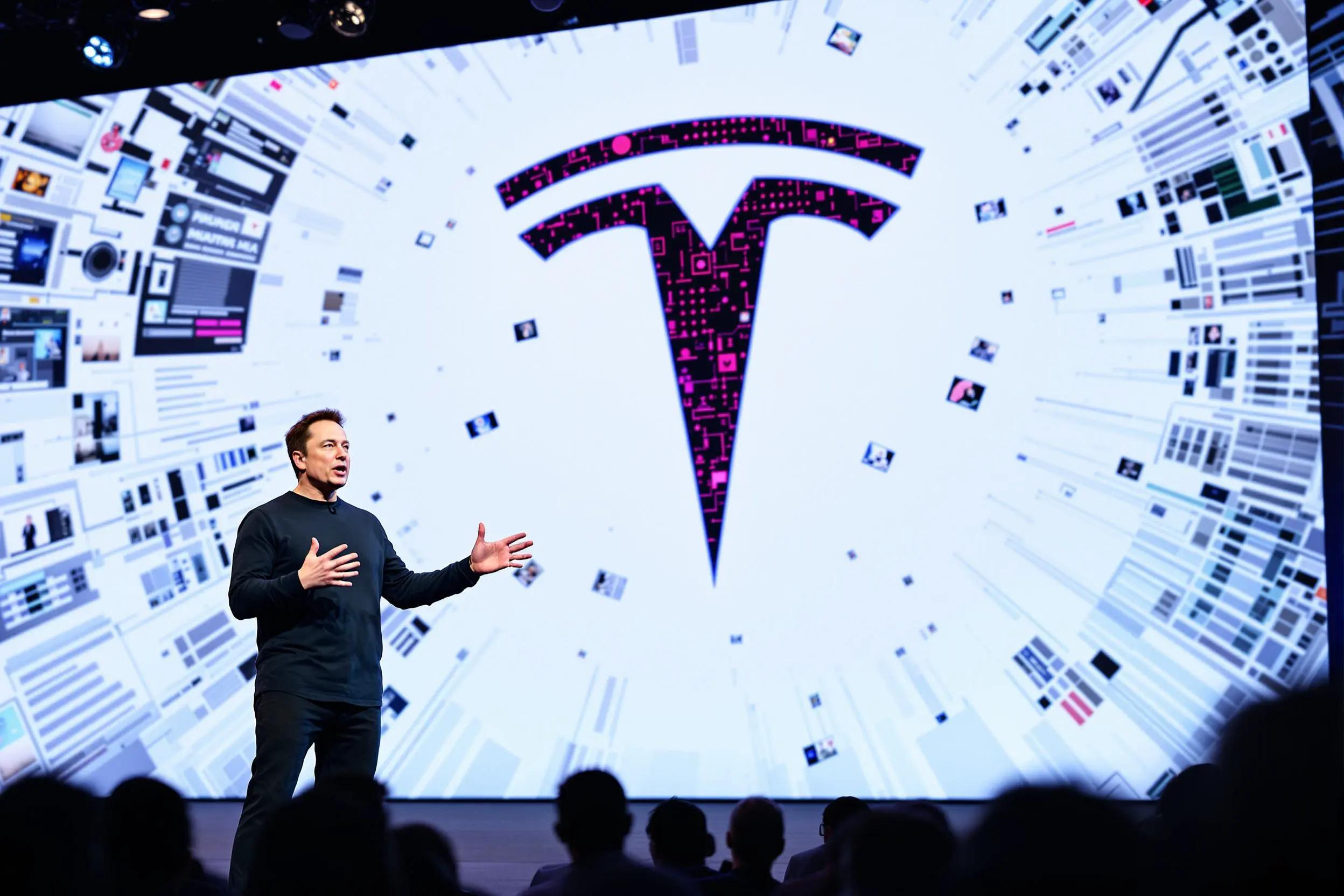January 28, 2024|5 min reading
The Impact of AI on Climate

The Impact of AI on Climate: Balancing Environmental Concerns and Technological Innovation
In today's technological landscape, a pivotal question arises: What is the impact of Artificial Intelligence (AI) on the climate? Do we face a trade-off between technological innovation and climate urgency? In reality, while AI carries ecological consequences and substantial environmental costs, it also harbors the potential for more sustainable and responsible technologies. Let's delve into the details.
AI and Climate Concerns: Unveiling the Environmental Footprint
Artificial Intelligence has become ubiquitous in our society, mirroring the omnipresence of climate urgency. Enthusiasts praise AI's advancements, envisioning liberation from repetitive tasks. Yet, concerns abound regarding its potential to transform or eliminate jobs, with Kristalina Georgieva, Managing Director of the International Monetary Fund (IMF), estimating that nearly 40% of global jobs could be impacted, exacerbating inequalities.
Moreover, voices are growing louder in denouncing the ecological impact of AI. The energy consumption required to train deep learning models demands significant computational power. Quantifying its actual carbon footprint is challenging, but consider the example of OpenAI's training of LLM GPT-3, which generated the equivalent of approximately 500 tons of carbon dioxide.
Beyond greenhouse gas emissions, AI can contribute to the exacerbation of already harmful activities, such as optimizing mining operations – and thus the production of barrels of oil – in the fossil fuel industry. AI also fuels recommendation algorithms encouraging excessive fast fashion consumption on social media, knowing that the fashion industry already contributes to 8% of global greenhouse gas emissions. Examples abound across various sectors.
AI as a Climate Ally: Unlocking the Potential
Nevertheless, AI stands as a formidable ally in the fight against climate change. It could play a role in reducing greenhouse gas emissions by 5 to 10% by 2030, according to the Boston Consulting Group (BCG), equivalent to the annual emissions of the European Union.
According to the United Nations' World Meteorological Organization (WMO), AI-based technologies offer unprecedented capabilities for processing and analyzing vast volumes of data, extracting relevant knowledge, and improving predictive models.
AI enables:
- Precise tracking and calculation of carbon footprint, considering the complexity of its various components.
- Optimized management of renewable energy sources through better demand predictions, promoting more efficient consumption and waste reduction.
- Low-emission precision agriculture, leveraging fine weather predictions to optimize water resource consumption while reducing pesticide and fertilizer use, enhancing yields.
- Enhanced risk anticipation and adaptation to extreme weather events, facilitating more effective global disaster preparedness.
- Implementation of more effective low-carbon policies.
- Optimization of transportation networks through flow optimization.
- Introduction of next-generation electric vehicles with embedded AI.
Hopes are high for the streamlining of emissions calculations by companies, allowing them to obtain more precise data on their ESG footprint and rapidly identify avenues for emission reduction.
Applications of AI under the banner of "Tech for Good" in environmental protection are vast, with many yet to be discovered.
Governmental Commitment: Paving the Way for Ethical and Responsible AI
For AI to truly serve sustainable development and for emerging technologies as a whole to be more responsible and ethical, governmental commitment is paramount:
- Leading by example with the use of ethical, eco-friendly, and carbon-efficient AI in public services.
- Legislating to regulate AI, ensuring transparency in algorithms, and promoting the development of models that are resource-efficient.
- International cooperation to establish shared standards in the face of the global climate challenge.
- Incentive measures, such as carbon taxation for non-"green" data centers.
Explore more

Elon Musk’s Vision: AI, Mars, and a Future of Abundance
Explore Elon Musk’s predictions on AI, Tesla’s Robotaxi plans, Starship’s Mars mission, and the role of robots in a futu...

Unlocking the Future: The Revolutionary Potential of Brain Image Reconstruction Technology
Discover how brain image reconstruction technology is pushing the boundaries of science and art by decoding thoughts int...

Can Artificial Intelligence Replace Human Intelligence?
Exploring the capabilities and limitations of AI in comparison to human intelligence.
